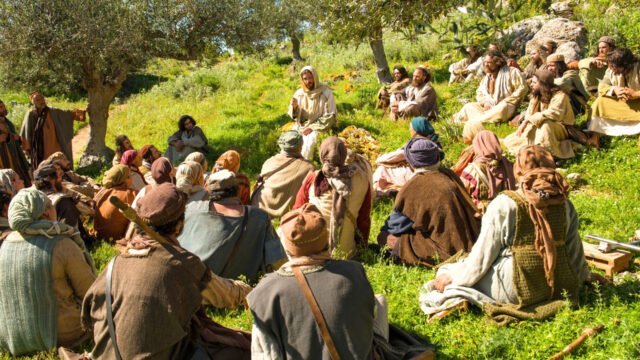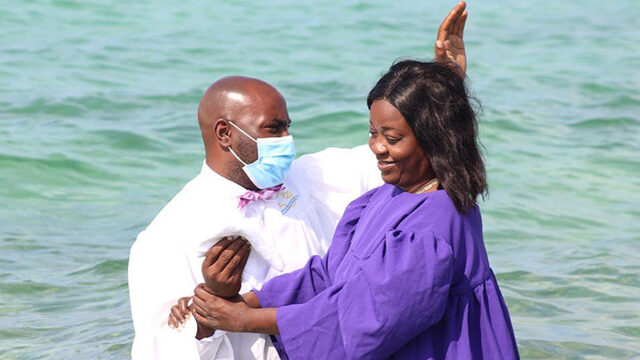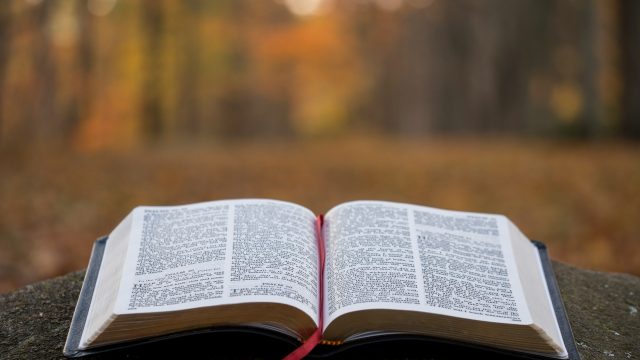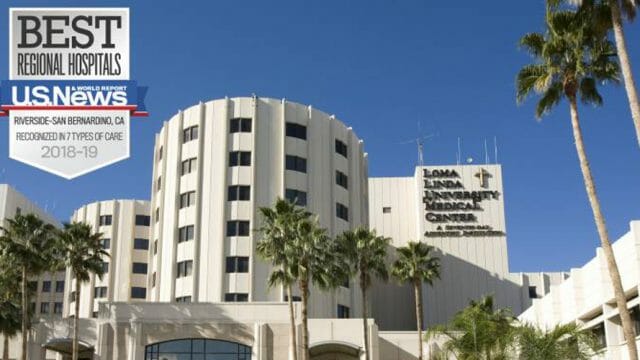Why Seventh-day Adventists must choose ‘inquiry over invective’

For the first time in 19 years, in 2024, Christmas Day coincided with the first day of Hanukkah, “the Feast of Dedication.” A feast that Jesus Himself celebrated (see John 10:22), the eight-day celebration commemorates the restoration of worship and the Jewish temple services after the Seleucid Empire desecration and prohibition of Jewish worship in the second century B.C.
The heroes of the story are the Maccabees, a group of Jewish rebel warriors who defeated the invaders and restored Jewish religion, successfully reducing the influence not only of Hellenism but of those Jews who had assimilated into Hellenistic thought and values.
An Internal Strife?
What many now overlook is that the Hanukkah story is hardly as straightforward as it is commonly told. According to numerous modern scholars, the Maccabean revolt was less “an uprising against foreign oppression than as a civil war between the orthodox and reformist parties in the Jewish camp.”1 It was an internal struggle between those Jews who wanted to stick to God’s revelation as revealed in the Torah and the Prophets and those Jews who wanted to compromise and adapt to contemporary culture.
The transformation, as it turns out, was anything but smooth. According to numerous historians, Maccabees fought what they saw as the secularism of their day by forcing circumcisions and tyrannizing those who, out of conviction or fear, had embraced Greek culture. Not happy with restoring what they saw as the true worship, Maccabees set out to enforce it at any cost.
An Extremely Polarizing Year for Adventists
The year 2024 has been an extremely polarizing one for Seventh-day Adventists in North America, and probably beyond. Trends that many saw for the first time while on the road to and in the aftermath of the 2015 General Conference Session in San Antonio seem to have intensified, as they often moved from person-to-person disagreements to online invectives, sometimes hidden in the anonymity provided by cyberspace. The COVID-19 pandemic appeared to exponentially multiply and expand frictions that had been already brewing for years. And if we are going to believe the signs, 2025 doesn’t promise to be much better.
At the same time, as of late, ideological and doctrinal lines seem to have become blurred. Some cross-sections of members, who traditionally used to support the formal organization of the church, are now openly advocating for its demise. Before such a strong tide and its overwhelming undercurrents, others, who in the past had a conflicting time embracing the leadership of the organized church, now appear to be having second thoughts. And between the two, there are many who are baffled, watching what is rolling before their eyes without knowing what to do or where to fit within such a wide spectrum of often conflicting patterns.
And Then Comes Jesus
Numerous Christian scholars have described how Jesus of Nazareth arrived in not only a divided world but an extremely divided Jewish nation. There, too, the undercurrents, which had been brewing for more than 150 years since the time of the Maccabees and even before, had festered to result in competing groups of Pharisees, Sadducees, Zealots, and everything in between. And amid all that were the people, wandering “like sheep not having a shepherd” (Mark 6:34, NKJV).
It is probably not a coincidence that Jesus chose Hanukkah to discuss His role as the Messiah, offering a better alternative to mutual incomprehension, strife, and hatred between brethren. Because in Jesus, true worship can be authentically restored. In Him, everyone—from left to right, from pacifist to warriors, from indifferent to committed, and even from outside the chosen people—can find Someone in whom “all things hold together” (Col. 1:17, NIV).
Neighbors in Heaven
Against our Model, denigrating one another for whatever reason is a decision, not an inevitability, and we’d do better in opting more for inquiry over invective.2 In the context of a people who say they’re preparing for heavenly translation, this becomes not a suggestion but an imperative.
One evening decades ago, a group of college friends and I were mercilessly criticizing a person. In a list of most annoying persons around, that specific old woman seemed to check all the boxes: nosy, obnoxious, narrow-minded, and exhibiting very limited social or emotional intelligence. After minutes of taking turns pointing out all that was wrong with that person, we fell into an uneasy silence.
Then one of my friends spoke.
“You know what makes me mad above anything else regarding that lady?” he asked us.
We looked at him, inquiringly.
“That she might end up being my neighbor in heaven!” he quipped.
Suddenly, as we began to entertain the possibility that her heavenly presence was, in fact, a possibility, our desire to criticize melted away like snow during a heat wave.
As Seventh-day Adventist followers of Jesus, it’s our responsibility to choose how we are going to face our ideological disagreements in 2025 and beyond. The message of Christmas—and Hanukkah—leaves us with only one option: it’s time to choose light.
1 Joseph P. Schultz, Judaism and the Gentile Faiths: Comparative Studies in Religion (Teaneck, N.J.: Fairleigh Dickinson Univ. Press, 1981), p. 155.
2 See Abigail Pogrebin and Dov Linzer, “This Hanukkah, Choose Light Over Heat,” New York Times, Dec. 25, 2024.








